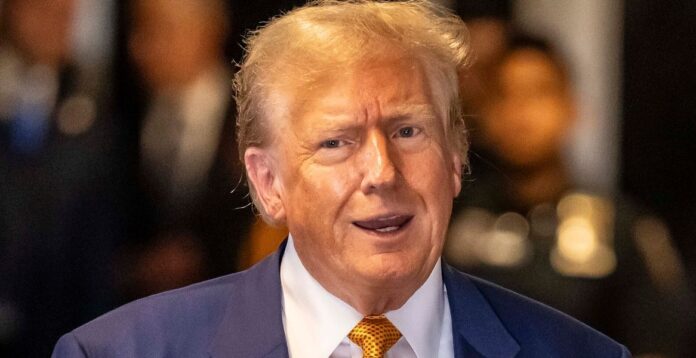Key Falsehoods or Claims:
– Trump claimed that Canada imposes a 270% tariff on dairy products.
– He also stated that the U.S. has a trade deficit with Canada, when in fact, there is a trade surplus.
– Trump falsely claimed that Canada’s tariffs on U.S. goods are the reason for the U.S.-Canada trade imbalance.
Source:
– The article is from CBS News, which is generally considered a neutral outlet. However, it’s important to note that CBS News, like any media outlet, may have its own biases.
Analysis of Impact:
– These falsehoods can shape public opinion by misleading people into believing that Canada is taking advantage of the U.S. through unfair trade practices. This could lead to increased anti-Canadian sentiments and influence public support for Trump’s tariff strategies.
– The article poses a threat to democracy by contributing to the spread of misinformation, which can undermine public trust in the media and government institutions. It also fuels division and hostility between the U.S. and Canada, which could have diplomatic and economic repercussions.
Hypothetical Public Reactions or Political Outcomes:
– If the false claims gain traction, it could lead to increased support for protectionist policies and tariffs against Canada, even if they are not in the best interest of both countries. It could also impact voter behavior by influencing how people perceive trade issues and the U.S.-Canada relationship.
Further Reading:
– For further reading on media influence and misinformation studies, reputable sources to consider include academic journals and reports from organizations like the Pew Research Center, the RAND Corporation, and the Harvard Kennedy School’s Shorenstein Center on Media, Politics and Public Policy. These sources provide in-depth analysis and research on the impact of media on public opinion.
Source link
Redirect URL
